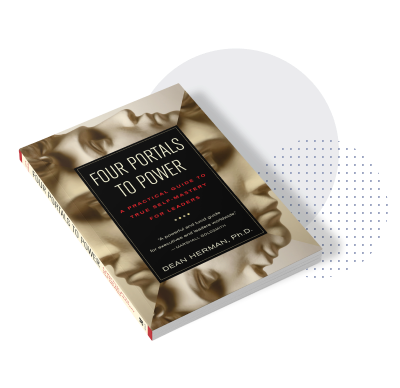Articles
No More Mr. Nice Guy
(Number 60; September 23, 2014) I once had a client who carried the somewhat unfortunate, but well-deserved reputation of being a "nice guy." So whenever his coworkers would cross his boundaries, he'd typically find it within himself to respond in a pleasant and accommodating manner.Naturally, after many years of this, and unbeknownst to him, my client was sitting on top of a mountain of anger. Moreover, he had ambitions but — as you may have noticed — few "nice" people become senior leaders. It's partly because individuals who hide their emotions, particularly their anger, are rarely fully trusted.
The turning point arose for this manager when a peer took two months to respond to his many urgent messages. When they finally spoke, the coworker nonchalantly explained that "people have to be very persistent if they want to reach me." Feeling his anger surging in his chest and looking his colleague directly in the eye, my client firmly and quietly responded, "As part of our relationship, I naturally expect you to reply to my messages within one or two days."
The relationship soon shifted to a much more equal footing.
Might you have more impact if you, too, stood up for yourself? Consider the following:
- If you read my book, you know that I describe anger as one of the "five poisons". But it's only toxic when you let yourself get taken over by it and act on it without self-awareness. Much more powerful is feeling your anger in your body while calmly giving a voice to it. Then, it's enough to say something like, "I'm feeling a little activated now." People will feel the power behind your words.
- Importantly, stay connected with the person you're setting boundaries with. Show by your posture, your eye contact and even your words that the relationship is important to you. Authentically revealing a bit of your modulated annoyance at the same time can be quite helpful. Indeed, authenticity almost always builds connection.
Dean Herman, Ph.D.


